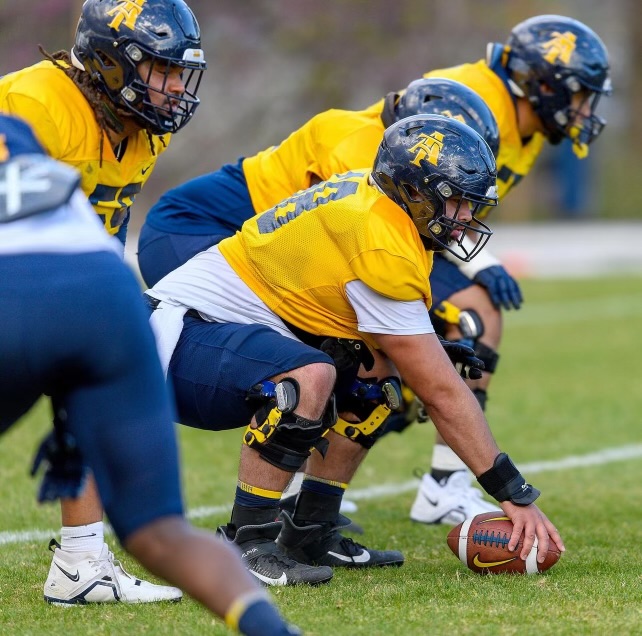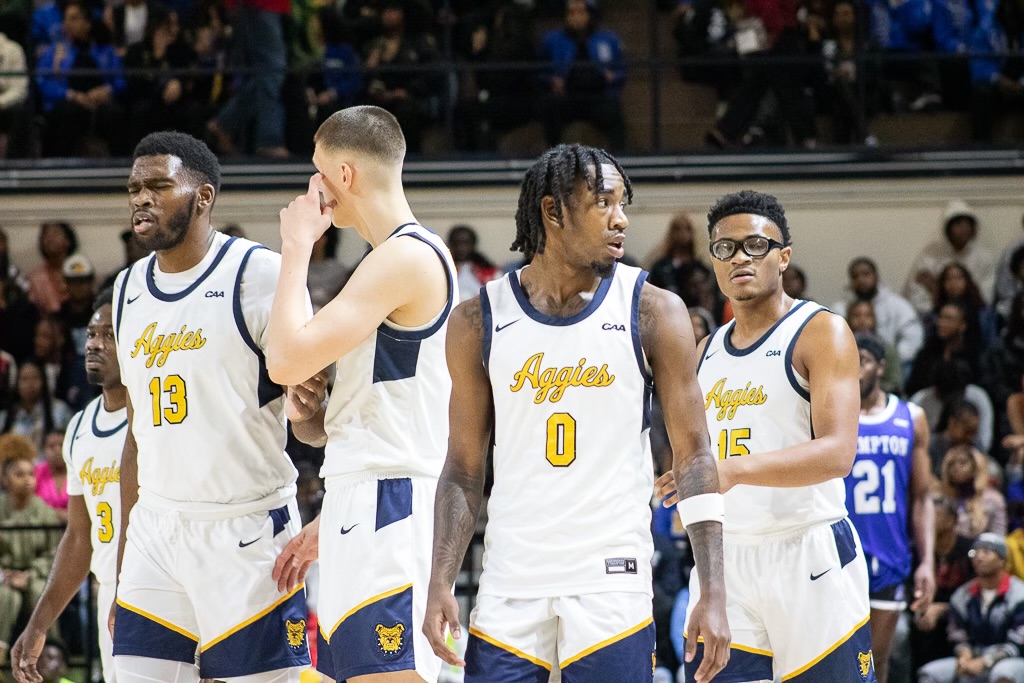On the road or when shopping for affordable auto insurance, it is easy for drivers to fall prey to auto insurance fraud, or auto insurance scams.
According to the National Insurance Crime Bureau (NICB), here are some things to look out for to avoid auto insurance fraud when looking to purchase low-cost auto insurance:
* Always be wary of any unsolicited offer for low-cost auto insurance, whether it comes from the mail, the Internet via e-mail, or a door-to-door salesperson.
* Remember the old insurance adage – if something seems too good to be true, you are probably right. Be suspicious of any auto insurance quotes that are way below the competition. It could be a total scam, or you may not really be buying all the insurance you need, or that you think you are.
* Contact your state’s department of insurance to make sure the company you are considering is legitimate. And check the business’s rating with the Better Business Bureau. Visit autoinsurancefinders.com to receive quotes from quality companies in your area.
* If the company’s policy requires you to use only a specified repair shop – steer clear – this is likely a co-owned or kickback arrangement with the shop. You cannot be forced to use a specific service center.
The road can be dangerous for a number of reasons, not the least of which is auto insurance scammers. Here are the things to watch out for while driving, according to the NICB:
* Be suspicious if a car suddenly pulls in front of you and then slows down – you could be set up for a forced collision and insurance scam.
* Trust your gut –, if something does not feel right on the road, if it seems like a car is following you, pull off to the nearest police station, or “safe” public place.
If you are involved in a collision – it may not be an always be an “accident.” To protect yourself, the NICB suggests:
* Exchange all information with the driver – license, insurance card, vehicle registration.
* Take note of all occupants of the car including the driver and any indications of injuries.
* Take pictures of the car, the scene and the people involved if you can.
* Call the police and see that a police report is filed, even if you think nobody is “at fault” and it seems that things are amicable between you and the other driver.
* Do not speak to anyone who suddenly appears on the scene offering medical care or legal advice at a specific facility. The same for any wrecker or tow truck operator who offers a “special deal” at a given repair shop.
And finally always protect your insurance ID number just as you would your social security number and credit cards, because once it’s obtained it could be used in a crime or a scam.






